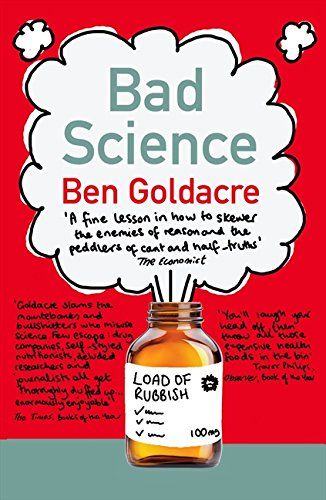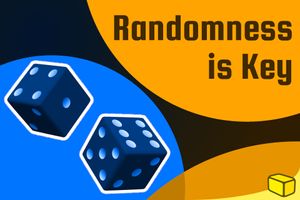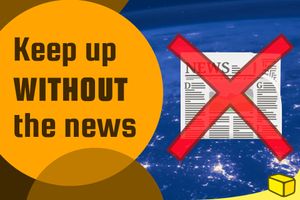Is it truly possible to quit the news — avoid it altogether — and still be an educated citizen? Indeed, it is.
In this article, I will show you better alternatives to watching or reading the news. Afterwards, you should be equipped with the knowledge you need to abolish your dependence on the news.
Besides, by quitting the news, you will certainly enable yourself to be a more productive citizen of society. This, by a long stretch, is undoubtedly more valuable than being informed on useless worldly matters.
Before diving deep, though, I advise you to first read my take on why the news is a harmful information source; not useful in any significant way.
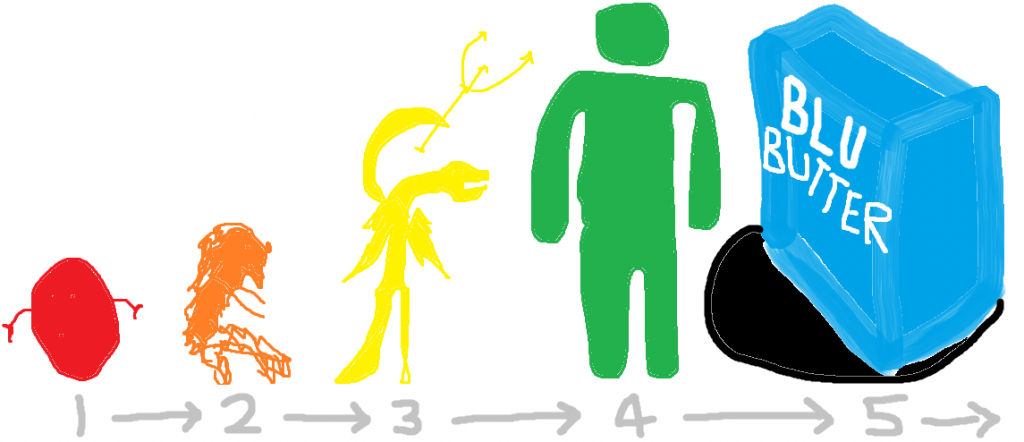
Once you can understand those reasons, you will be ready to replace the news with something better.
If you’re addicted to news, this method of replacement may not only be more beneficial, but more feasible. After all, a fundamental rule of habit is that it is substantially easier to replace a habit rather than simply quit it.
Also, you will love the sense of satisfaction from productively using your time to learn useful things; compare this to today’s trend of pseudo-learning (reading the news is not productive learning).
How to Get Worldly Information Without the News
This first section of the article will outline the direct alternatives to the news. Here, I will show you why you can quit the news but still have knowledge of the important matters in the world.
The secret? Be the hunter, not the hunted.
A while back, I described my process of spending money wisely for deciding what to buy. In that article, I mentioned the idea of deliberately doing things on your own terms.
In other words, you specifically seek out something to buy.
Conversely, the wrong approach is to buy something based on an impulse resulting from an advertisement or discount. Prior to purchasing, you had no intention of buying what you bought.
In terms of your consumption of media, the same can be applied.
When reading the news, you never know what you’re going to get — so, you’re being impulsive. However, you could instead be intentional about what information you are planning to get.
This involves strategy and is definitely not the most straightforward for people lacking discipline. But adopting a strategy — as opposed to blindly being pulled and shoved around the web — is totally worth it!
Remember, the news is strategically curated in order to capture your hungry attention. Headlines, eye-catching imagery, paid advertisements — all a part of this process.
The news articles are there to suck you into a meaningless story when you don’t really need it.
Don’t let them deceive you: Spend Money Wisely: 3 Tips You Need to Know Before Buying
insert_linkDo Strategic Research and Make Educated Votes in Elections
You’ve quit the news and now you are no longer up to date with the latest events in politics.
Of course, that is because you do not need to be constantly plugged in to that sort of stuff: the news makes you depressed, it stirs up negativity and creates artificial divides between populations.
Why is there nothing quite so universally dividing as politics? Despite people holding innumerable strong opinions, politics seems to be the most prevailing cause of arguments, resentfulness, and anger in conversation.
So, if staying up to date is not the solution, how can you exercise your right to vote?
The answer to that question is, as you may have guessed, strategic research. Here is how it works:
In the weeks (or days, depending on the importance) leading up to a significant event, allocate some regular research time. Ideally, keep this slot as short as possible, since it does not need to be long; twenty minutes each day for a week, for instance.
During this research time, do not consult the news as a viable source of information. This is because the news does not give you the big picture needed to make an educated decision.
Above all, the objective is to quit the news entirely.
insert_linkHow to Do Research to Make a Wise, Informed Decision
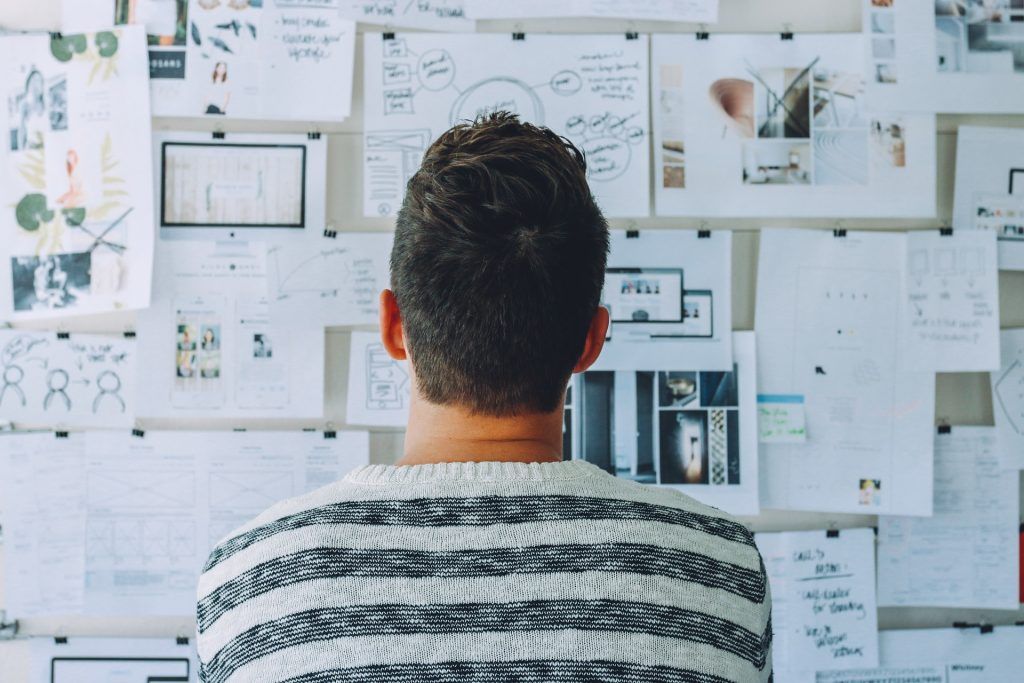
On the contrary, your research time should involve selectively reviewing reputable websites.
For example, in the event of an election, consider analysing each candidate’s website. In addition, find sources which summarise the situation with as little bias as possible. (The BBC did something like this for the EU Referendum.)
But don’t just passively read the content and nod your head vigorously! Research differs from news-reading in that it is proactive.
Therefore, perhaps create some sort of table summing up the arguments for yourself. Subsequently, reduce the options and continue to drill deeper.
Finally, once you’ve reached a conclusion, do not dwell on the matter, do not endlessly doubt yourself; just remember that you are one of millions in a voting population — a mere speck of dust.
When you think about it like this, you realise how insignificant you are as an individual. While your vote is useful, it is not worth spending agonising hours of stress to make the perfect decision.
When you’re missing out on valuable opportunities to be productive, you’re defeating the point.
After all, there is no “perfect answer” in politics.
Understand this: Avoid the News! 5 Tragic Reasons Why It’s Wasting Your Time
insert_linkEnsure the Most Useful Information Arrives When You Need It
“Okay, Bob, that sounds all nice and well, but how do I find out about important events in the first place?”
That is a very good and valid question; when you are not constantly wired up to the flow of the news, significant events can pass right by without you even noticing it.
Or can they?
On one hand, most of the content on the news is not necessary to implant into your brain. On the other hand, you may have a legitimate reason to know about certain events.
These would be the events of utmost importance, such as elections and referendums.
As a matter of fact, there are multiple ways you can hear about these after having quitted the news. And that’s with a minimal time investment!
insert_linkLet the largest eruptions cover you in ashes

Firstly, your friends would most likely bring up important matters that affect you. They may also bring up trivial worldly matters, but these are easy to ignore if necessary.
The reason this works is that significant events and happenings are hard not to discuss; some way or another, you will hear someone talking about something important. This will hence be the catalyst for you to commence your own research.
Moreover, you could really choose to take advantage of your network by explicitly requesting that people notify you of important changes and events. Although, this may be excessive.
That being said, you may argue that if everybody were like this, then nobody would hear about important events. Firstly, it is ridiculously unrealistic to think most people would immunise themselves to the news. Secondly, things would change to accommodate for this.
Secondly, you will accidentally come across high-profile news online. For instance, you’re reading a productive article on beating procrastination. Whilst this is happening, you notice an important news headline in the sidebar.
It is very difficult to ignore national events when you’re still connected to the Internet.
insert_linkMonitor selected information sources to keep your knowledge relevant
Thirdly, you can follow the right sources to get a summary of the most important announcements.
In most cases, this is something you do not need to think about. For example, your bank will probably update you with any changes to interest rates.
Other times, you will want to keep an eye out on the right feeds without wasting time reading millions of articles.
To exemplify a business owner, I might want to keep up to date with the latest changes to laws affecting my business. In this case, I could get a lawyer to inform me of significant legal changes. Alternatively, there may be certain email newsletters, blogs, or YouTube channels I could subscribe to.
To exemplify myself, I am currently subscribed to Audible’s daily deals email subscription, so I can keep an eye out for good audiobooks that I recognise. Fortunately, this merely takes a second to check.
Furthermore, certain known things you could schedule in your calendar. After each election, you could put the date of the next election in your calendar.
As a result, you would have no reason to think about politics because you’ll certainly know when the next election is coming up.
Consume content strategically: How to Stop Wasting Time Online: My Proven 5 Step Strategy
insert_linkThere are Better Ways to Use Your Invaluable Time
A key part of time management is the ability to prioritise what tasks you spend your time on.
Thinking about the news, that ranks pretty low. Conversely, there is a multiplicity of content that will have direct and lasting benefits on your life.
You only have so much time in your life, so you could only consume so much content. Do you really want sombre news stories to fully occupy that capacity?
Instead, you could read books; by quitting the news, you could save the time to read a book per week — 52 books per year.
Assume 40 reading years and you’ll find that you can only read about 2000 books in a lifetime. (Albeit it depends on your reading, or listening, speed.)
Additionally, other ways of self-education to change your life could be employed. For example, I recommend that you only subscribe to the YouTube channels and blogs that you truly profit from in the various areas of your life.
I am subscribed to email updates for certain blogs, not for entertainment, but for useful information: I always want to be refining my skills in all areas of my life, and if you do not, then that’s a problem.
insert_linkSelf-Education Is Unavoidable, Unlike the News
In this knowledge economy, self-taught skills are the way forward.
Here are examples of things you could master:
- The technical niche in which you specialise
- Mental toughness
- Productivity
- Relationships and social skills
- Business and entrepreneurship knowledge and skills
- Diet (nutritional expertise) and fitness
- Clothing and presentation
However, do not substitute “productive” self-learning with the news as such. One critical difference here is that productive self-learning heavily depends on you taking action.
If you do not take actions, the ideas you learn will not set in the mind. Moreover, ongoing stacks of articles are not going to do the work for you.
Take action on this article now and change your life.
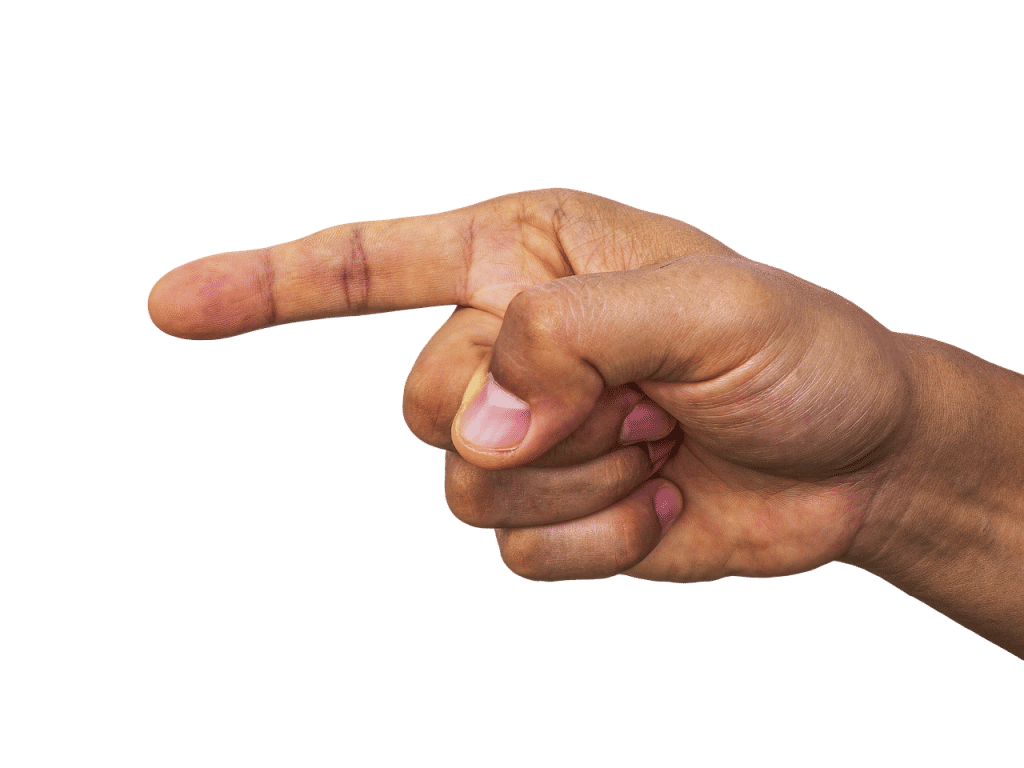
insert_linkConclusion: You Are More Valuable When You Are Not “Informed”
Funnily enough, when you quit the news, you are more valuable to society — not less.
That is to say, after having learned the skills to be productive and skilful, you have the power to make a huge change. To clarify, this change means a lot more than a single mere vote in an election.
The best way to make a change in the world is not to be one voter of many. By contrast, you should focus your efforts on driving a revolution, which is immensely more productive than reading the news.
Luckily, you should now know what to read instead of the news, so you can safely quit the news with no risk whatsoever.
By employing strategy, you can ensure that the important information comes to your awareness. And this is a minimal time-investment on your behalf.
To conclude, read good quality, useful books — not news stories. That will get you far in life.
insert_linkMy Book Recommendation of the Week
Get started reading good books today!
Last time, I recommended a book on why violence has declined. By the same token, I will recommend a book that is perhaps better suited to abolish your trust in the media.
In this book, Goldacre makes quite a point about how the media has deceived populations and let down science:
Bad Science by Ben Goldacre
Then, I would love it for you to answer this in the comments:
How do you learn about important events in the world?
